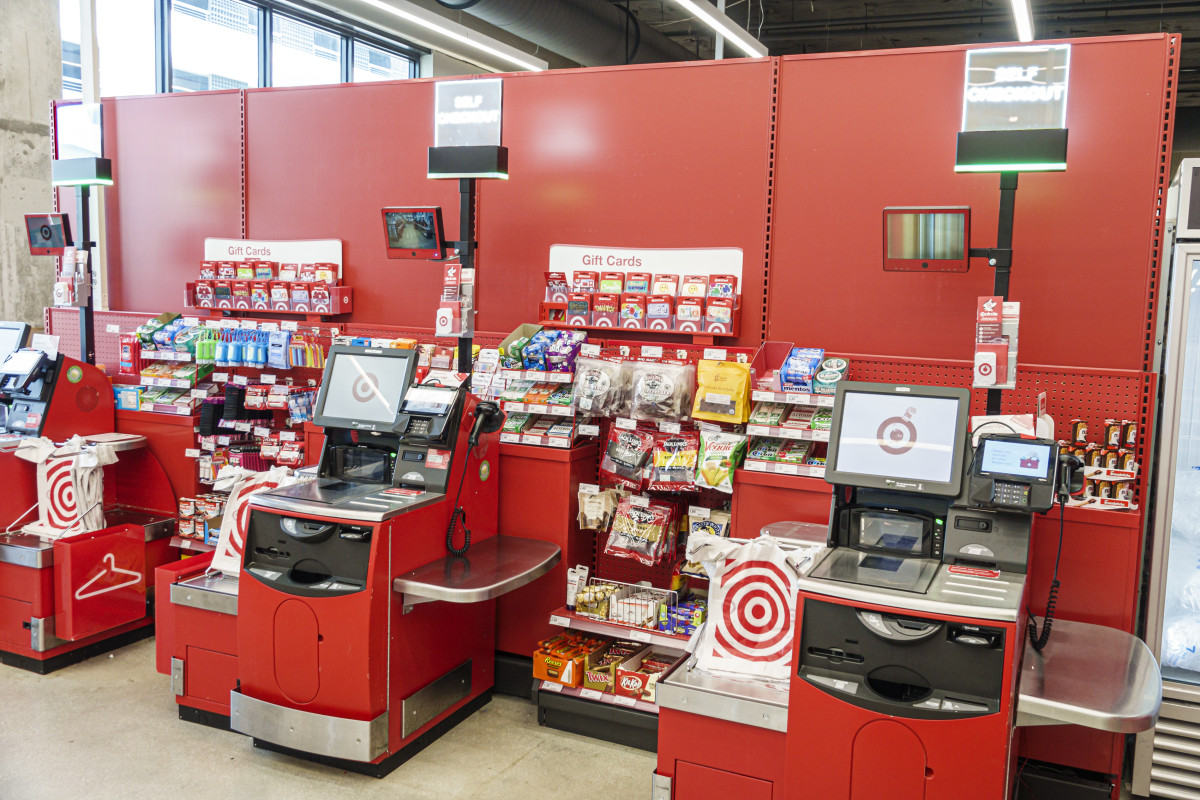
With holiday deals and savings firmly behind us, we're now approaching the time of year when retailers reflect on what worked during such a busy period — and what didn't.
The wins and losses are typically reflected in earnings; many retailers report their financial findings in January and February, giving investors and analysts insight into one of the most anticipated times of the year.
Related: Home Depot makes multimillion-dollar announcement
Some of the largest retailers in the U.S. are already offering preliminary glimpses into the picture. Both Walmart (WMT) and Target (TGT) indicated their holiday periods went better than anticipated. And though earnings reports aren't out yet, some executives have hinted for months that they foresee positive numbers ahead.
More Retail:
- Walmart, Target, Costco make major 2025 announcement
- Formerly bankrupt retailer makes painful decision to close more stores
- Top investor takes firm stance on troubled retail brand
- Walmart and Costco making major change affecting all customers
“Consumers tell us their budgets are being stretched,” CEO Brian Cornell said during Target's third-quarter earnings call. “They’re becoming resourceful, focusing on deals, then stocking up when they find them. Consumers allow themselves to splurge a little bit when they find the right item.”

Target, Walmart and other retailers had a good holiday season
It's probably safe to say that some of the largest retailers in the country had a good holiday season.
Walmart, for one, lifted its sales guidance for fiscal 2025 after a bumper holiday shopping season, lifting its net sales, operating income, and earnings per share for the year ahead.
And Target recently announced that it saw record sales during its 2024 holiday season and lifted its sales guidance, foreseeing a 1.5% increase in comparable store sales during the fourth quarter.
“Compared with its third-quarter sales trends, the company saw a meaningful acceleration in discretionary categories during the holiday timeframe, most notably in apparel and toys, and saw continued strength in beauty and frequency categories,” Target said in a press release.
Related: Auto parts chain shuts hundreds of stores, no bankruptcy yet
Still, most companies aren't completely out of the woods. Many continue to struggle with pesky persisting issues like inventory shrink, the industry term for the disappearance of goods due to theft or other non-purchase related incidents.
Target makes a policy change
Since many retailers continue to struggle with inventory shrink and other retail crimes, they're being forced to get creative in their problem solving methods.
Some stores are particularly strict, requiring identifying factors like receipts in order for customers to enter or exit stores. Others hire more security guards by entry points. Some have gotten rid of self checkout either partially or entirely. And many retailers have begun to lock up merchandise in an effort to prevent theft, practice that is unpopular with consumers.
But while this all solves for the checkout and purchasing process, it leaves the returns process relatively vulnerable to fraud.
So Target is making a change to its return policy. The Minneapolis-based retailer said it “reserves the right to refuse returns, refunds, and exchanges, including but not limited to prevent fraud, suspected fraud or abuse.”
It added that it will continue to take items returned within 90 days, so long as items are undamaged.
"Items that are opened or damaged or do not have a receipt may be denied a refund or exchange," the store writes, adding, "In-store returns without an eligible receipt will be denied. Some items, such as electronics, may have a shorter return window."
Walmart made a similar change to its return policy. It returned to its pre-pandemic returns policy, which states shoppers have four months to return undamaged or unused items that are verified purchases. Some customers may get refunds if they have a valid government photo ID, too.
Related: Veteran fund manager delivers alarming S&P 500 forecast







